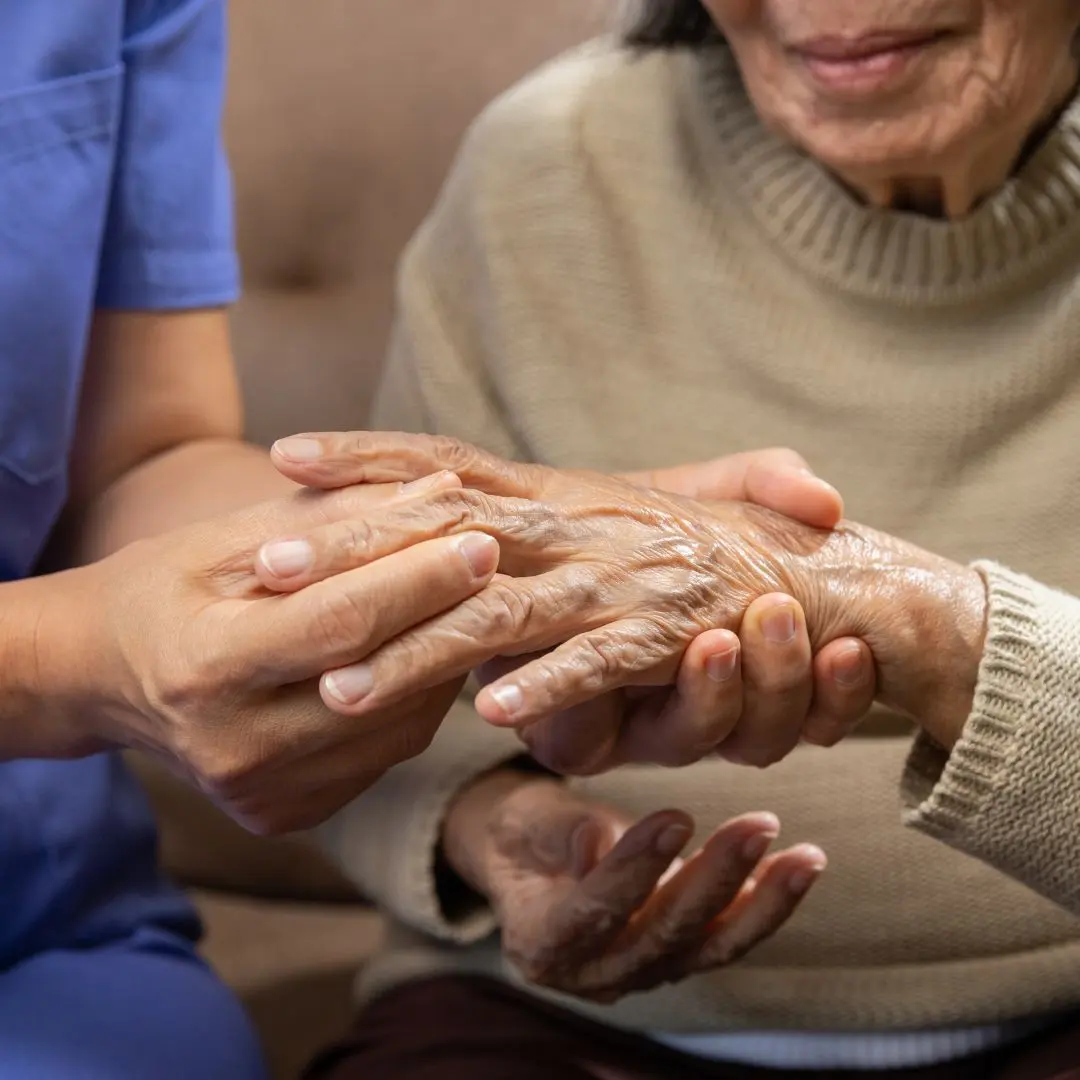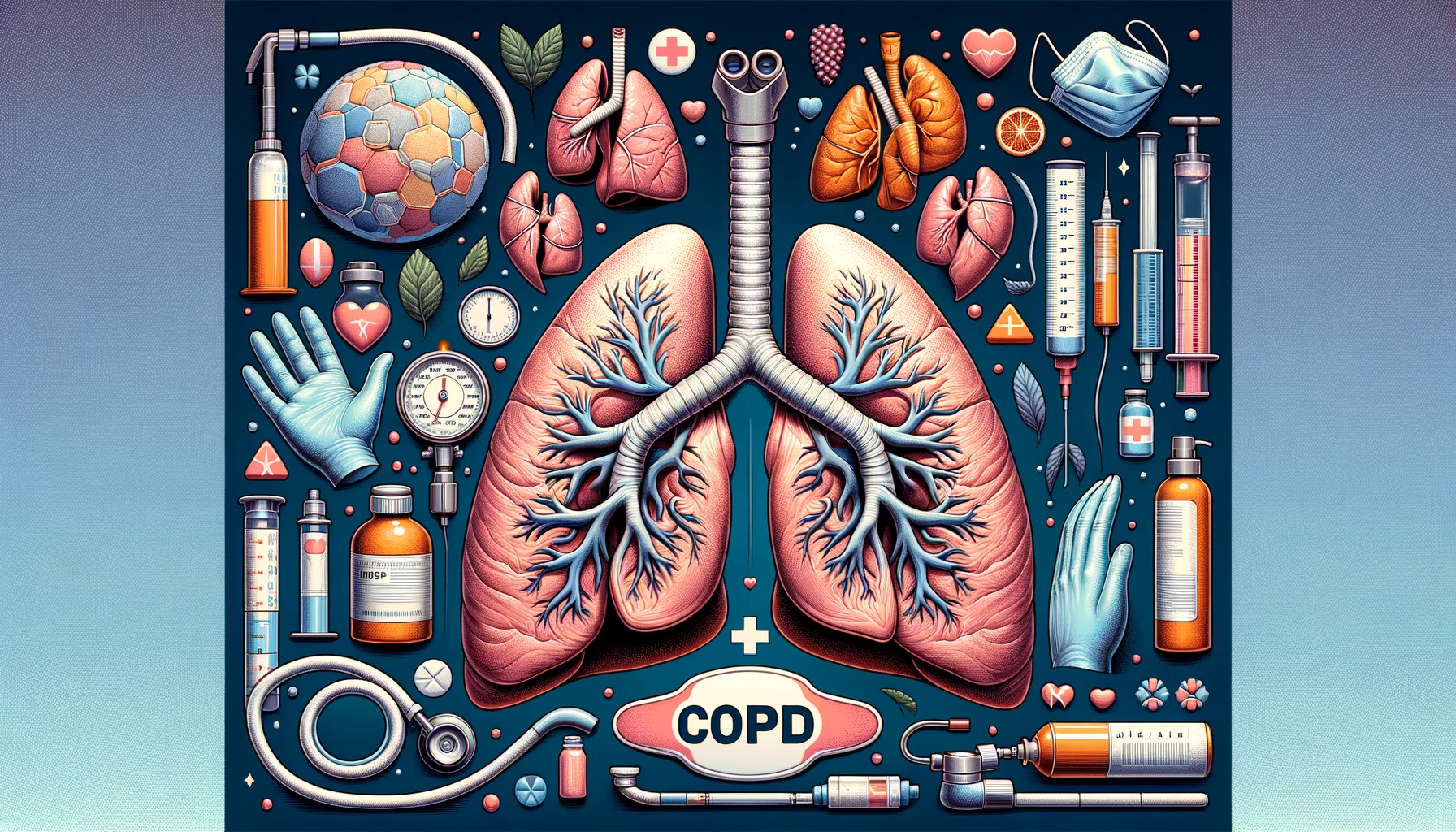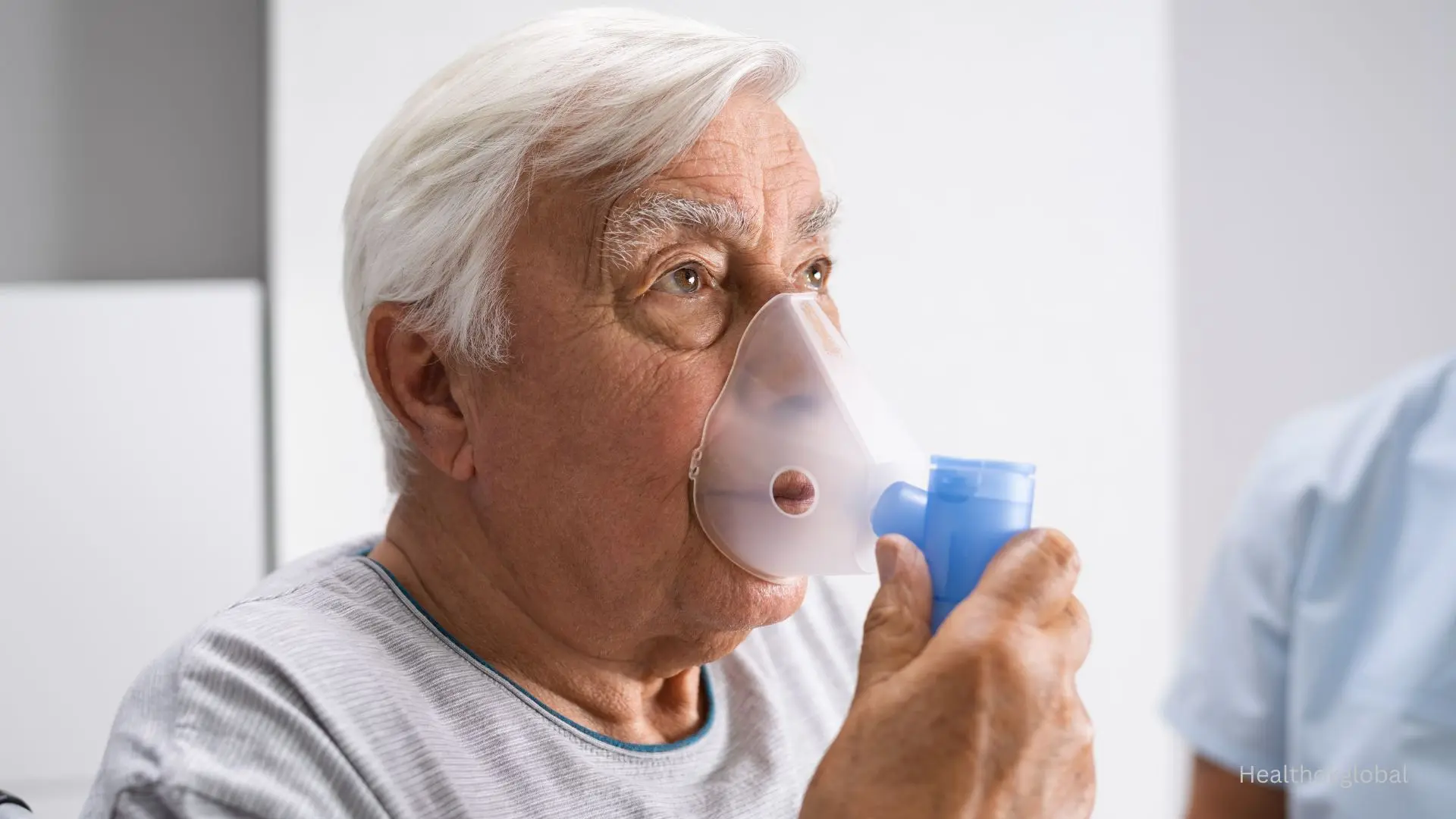Learn about the 4 stages of rheumatoid arthritis, their symptoms, progression, and effective management strategies to maintain joint health and mobility.
Rheumatoid
arthritis (RA) is a chronic autoimmune disease that affects approximately
1% of the global population (
World Health Organization). RA causes joint inflammation, stiffness, and pain, often leading to progressive joint damage if left untreated. This blog breaks down the
4 stages of rheumatoid arthritis, the symptoms associated with each stage, and strategies to effectively manage the condition and improve quality of life.
Stage 1: Early RA or Preclinical RA
In the early stage, individuals may notice mild symptoms that are often overlooked. Research suggests that 50% of patients experience fatigue and morning stiffness before joint swelling appears. Key features include:
Subtle Joint Pain and Stiffness:
Mild discomfort, especially in the small joints of the hands and feet.
Fatigue and General Malaise:
Unexplained tiredness, which may be the earliest symptom of RA.
Minimal Imaging Evidence:
At this stage, imaging tests may show no significant joint damage, though inflammation is beginning.
Stage 2: Mild RA or Early Inflammatory Arthritis
As inflammation progresses, symptoms become more noticeable, often impacting daily activities. According to the Arthritis Foundation, early diagnosis and treatment at this stage can prevent irreversible joint damage. Symptoms include:
Persistent Joint Swelling and Pain:
Inflammation in the synovial tissue causes visible swelling and discomfort.
Morning Stiffness:
Stiffness lasting longer than 30 minutes, particularly after rest.
Signs on Imaging:
X-rays or ultrasound may reveal slight erosion of bone or cartilage.
Stage 3: Moderate RA or Established RA
By the third stage, joint damage becomes more severe, often leading to reduced mobility. A study published in The Lancet highlights that 60-70% of RA patients develop joint erosions within 2 years without intervention. Symptoms include:
Increased Joint Pain and Deformities:
Noticeable swelling, bone erosion, and decreased joint function.
Functional Impairment:
Difficulty performing daily tasks such as walking, grasping objects, or bending joints.
Visible Changes on Imaging:
X-rays reveal joint space narrowing and significant damage to cartilage.
Stage 4: Severe RA or End-Stage RA
In this final stage, joint damage becomes irreversible, and symptoms are debilitating. Research shows that nearly 25% of RA patients in this stage may require joint replacement surgery. Key characteristics include:
Chronic Pain and Swelling:
Persistent inflammation causes extreme discomfort and joint deformities.
Loss of Joint Function:
Severe mobility impairment prevents individuals from performing basic tasks independently.
Surgical Intervention:
Joint replacement surgery is often necessary to restore mobility and improve quality of life.
Effective Strategies to Manage Rheumatoid Arthritis
While RA has no cure, early diagnosis and a comprehensive treatment plan can help manage symptoms and slow progression. Here are key approaches:
Medications:
Disease-modifying
antirheumatic drugs (DMARDs), biologics, and corticosteroids reduce inflammation and slow joint damage.
Physical Therapy:
Customized exercises improve joint strength, flexibility, and range of motion.
Anti-Inflammatory Diet:
A diet rich in omega-3 fatty acids, fruits, and vegetables can help manage inflammation. Foods like salmon, spinach, and berries are recommended.
Lifestyle Modifications:
Quit smoking, manage stress, and maintain a healthy weight to reduce RA flare-ups.
Case Study: Early Diagnosis and RA Management
Meet Anita, a 40-year-old diagnosed with early RA. By combining DMARD therapy, physical therapy, and adopting an anti-inflammatory diet, Anita successfully slowed disease progression. Within 6 months, she experienced:
• A 50% reduction in joint pain.
• Improved mobility and ability to perform daily tasks.
Anita's case highlights the importance of early intervention and comprehensive management for rheumatoid arthritis.
Conclusion
Understanding the 4 stages of rheumatoid arthritis empowers individuals to recognize symptoms early, seek timely intervention, and effectively manage their condition. By combining medical treatment, physical therapy, and lifestyle changes, individuals can significantly improve their quality of life. If you experience persistent joint pain, stiffness, or swelling, consult a healthcare professional for evaluation and personalized treatment recommendations.
Dedicated Elderly Support by HealthOK Global
HealthOK Global offers comprehensive elderly care services to ensure the dignity and safety of seniors. Our expert caregivers provide personalized support, from routine health checks to emotional well-being assistance. Contact our FREE 24 x 7 Healthcare Helpline at
+91-8047190955 for immediate support and assistance.
Follow Us on Social Media for Latest Updates!
Stay connected with us and never miss an update by following us on social media! Our social channels are the perfect place to get the latest news, expert tips, and exclusive insights tailored just for you. Whether you're looking for health advice, product updates, or inspiring stories, we’ve got it all. Join our growing community on platforms like
Whatsapp Facebook ,
LinkedIn and
Instagram and be part of the conversation. Click the follow button today and stay informed, inspired, and engaged—right at your fingertips!






